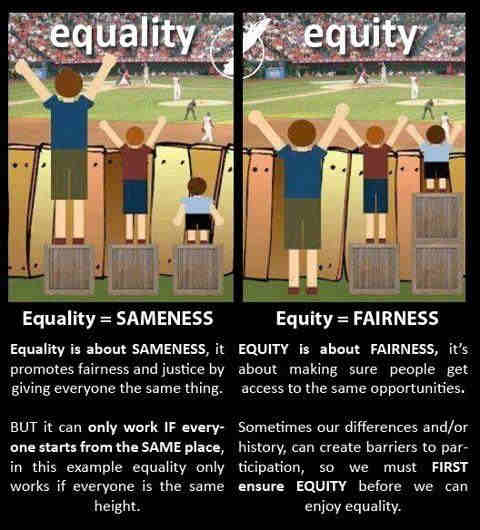- Invitation Status
- Posting Speed
- One post per week
- Slow As Molasses
- Preferred Character Gender
- No Preferences
Yes, but my point was that disabled people will very often have some limitation that occurs because of their disability. Time availability isn't some independent factor, here -- there wouldn't be a difference in availability if the person wasn't disabled.Because despite the question trying to claim otherwise, there is a difference in qualifications. Time availability. If everything else is equal except for the fact that one guy is more available, you're going with whose more available. This isn't discrimination, this is simply hiring the person best qualified for the job.
This is why I think that the logic of "leveling the playing field" that affirmative action runs on makes significantly more sense in regards to disabilities in particular than other identity categories.
Yes, but I still believe that the able-bodied people will be more likely to find a job elsewhere than the disabled person who will be less desirable in the eyes of pretty much every employer.You can do the "Level the playing field for disabled people" deal all you want, but if at the end of the day there's still more people looking for jobs than there are jobs, then you are still going to be left with people without jobs.
Well then, I must say that's a very complicated issue, and not one that I am equipped to address.If you want to address this issue, you can't go about it by giving preference to people less qualified, you've got to address the job market directly.
I was simply asked whether or not I would hire someone with a disability, and I gave my answer to that question. Based on this hypothetical scenario, I am just one employer -- I don't have the ability to fix the entire job market. I kind of have to work with the system as it currently exists.






